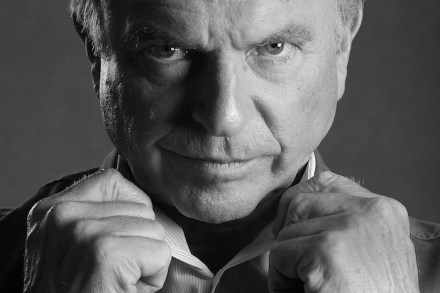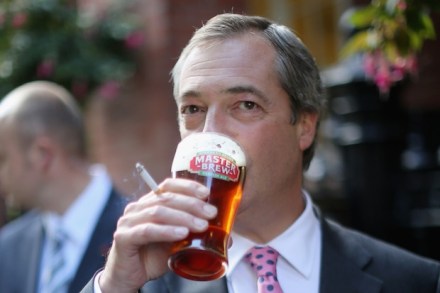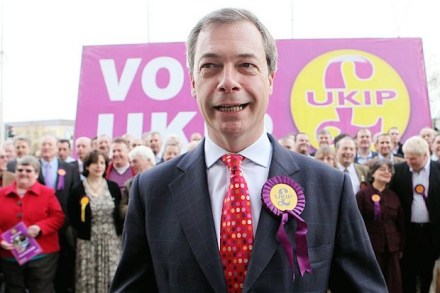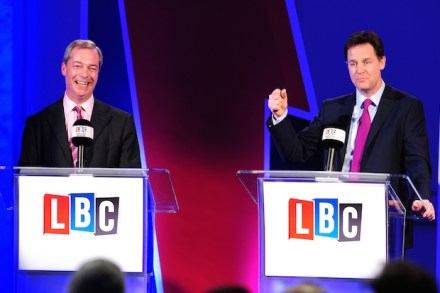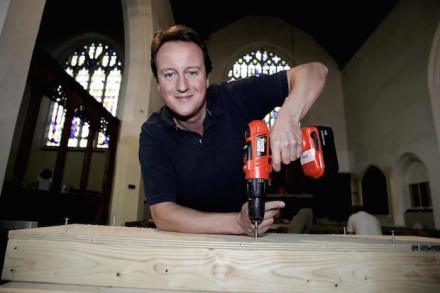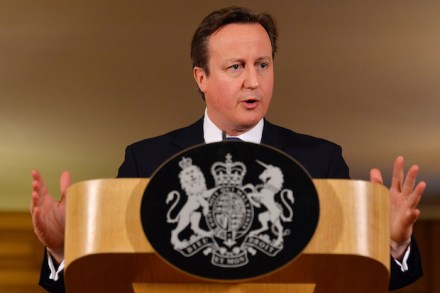Sam Neill’s diary: Back in Blighty, remembering drinking binges of yore
I am back in the UK for work. Great time to turn up — after the grim, grey grind of the British winter. Here in Manchester, people stroll in shirtsleeves or T-shirts, though it’s still only 15 degrees. They are, in truth, dazzlingly white. Their semi-nudity strikes me as a tad premature, but then I’ve only just left my Indian summery vineyard in New Zealand via Bondi Beach. I’m here at the behest of BBC2, for a second season of The Peaky Blinders. If you didn’t see the first season, you should. And if you don’t … I know where you live. And having played Chief Inspector Campbell, I know how
